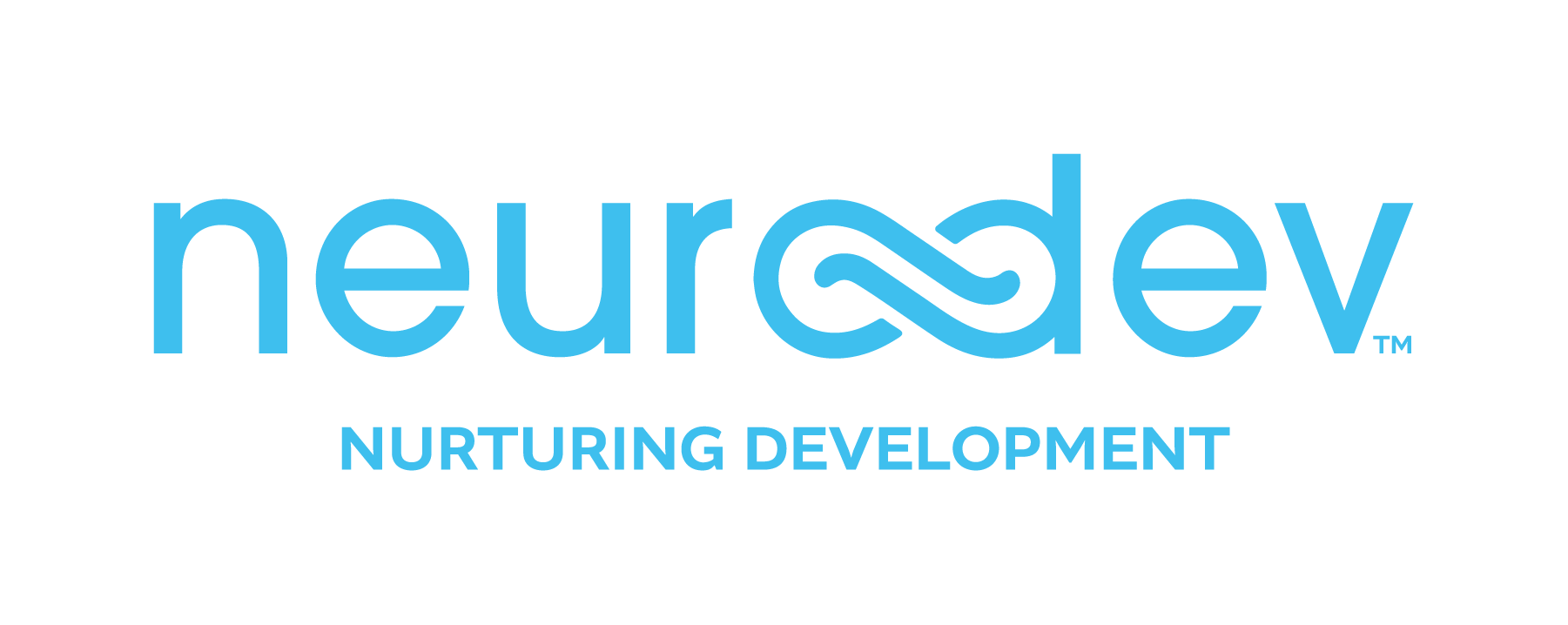The Legacy of Mentoring
The fourth and final post in our NDM overview series is all about the “M”: mentoring.
Outside of the family unit, mentoring is the oldest, most empirically validated social support we know of. It was an integral part of individual and community development long before Freud ever even dreamed of psychotherapy. It’s about those with more experience sharing that with those who have less. Mentoring is showing up and showing how, and few have ever done it better than Mentor himself.
Who is Mentor?
When Odysseus, King of Ithaca went off to fight the Trojans, he left his son Telemachus behind with Queen Penelope and their trusted friend and advisor, Mentor. Knowing that 10-year-old Telemachus would grow up in his father’s absence, Odysseus asked Mentor to make him a promise that he would guide Telemachus, support him, and ensure he would become a strong, capable man. Mentor made that promise, and he took it seriously.
Ten years later, after the war had ended, Prince Telemachus, under the tutelage of Mentor, had become a strong young man indeed. Full of anticipation, he eagerly awaited his father’s return—but Odysseus didn’t come. Assuming that some ill fate had befallen his father, Telemachus wondered if he should leave the safety and comfort of Ithaca to find him. He consulted with Mentor who, like all good mentors, both encouraged him and accompanied him on his voyage.
And so Telemachus embarked, with Mentor, faithful to his oath, alongside him. Together they set out on an epic journey to find Odysseus. For Telemachus, this would be the journey of his lifetime—a chance to earn the favor of his subjects, prove himself a capable ruler, and find Odysseus. For Mentor, this was a journey for Telemachus to find himself.
Older, wiser, and respected by all, Mentor had the experience necessary to make this a successful expedition. He would have been a much more effective leader—the logical choice to captain the ships and command the voyagers. But Mentor didn’t lead the group to find Odysseus and didn’t try to. Telemachus did. Mentor didn’t steer the ships when he saw things going wrong and didn’t try to. Telemachus did. Mentor didn’t take charge when Telemachus found himself in trouble and didn’t try to. Telemachus did. The glory of the adventure would go to Telemachus. He would later return home to rule all of Ithaca.
Mentor would not become king. He would not receive the glory of an odyssey survived. Far from it. Instead, he sort of just disappears from out of the mind and memory of history. But far from forgotten, the world would Mentor, a fictitious character from the Odyssey in the eponym “mentoring” for millenia to come. His name would become synonymous with guiding, teaching, showing the way, and imparting experience to another.
It’s fitting that the term mentoring didn’t come about because of Mentor’s years of service to King Odysseus or because of a book about Mentor and his great wisdom. Rather, mentoring was immortalized by the impact that Mentor had on Telemachus—a young man who, despite his wealth and authority, lacked experience.
Much like Mentor, we can hardly expect to have any lasting influence or impact with a few great quotes or a few powerful interactions here and there. We’re not likely to be remembered for interactions with celebrities or royalty. And our wisdom will fade over time and be replaced by new ways of thinking. But if you think about somebody who deeply impacted your life for the better—somebody who showed you how to be a better version of yourself— ask yourself, Can you forget this person?
According to Debbie: “Mentoring isn’t about being Batman. Mentoring is helping someone else be Batman. Mentoring is being Alfred.”
M is for Mentoring
At NeuroDev, that’s what mentoring means to us. A mentor is a person who is invested in somebody else’s development. It’s not a role that takes on responsibility for goals being fulfilled, but rather for helping people develop the qualities they need to fulfill their own goals.
NeuroDev mentors, and all good mentors, consult, support, root for, and of course encourage their friends. But more especially, they accompany them.
The thing that made Mentor, or Alfred, or Mr. Miyagi, or any of our mentors worthy of so much regard is that they were there, present, with us while we faced our challenges.
They were consistently available. They imparted their experience and helped us become who we needed to become. And we couldn’t have grown into who we are today without them.
As Jason says: “mentoring isn’t about giving someone a fish. It isn’t even about teaching them to fish. Mentoring is about going fishing with them.”
Now, mentors, let’s go fishing.
Note: Elements of the story from both Homer’s Oddysey and Fénelon’s The Adventures of Telemachus were used in making this post. These works clearly state it was the goddess Athena that accompanied Telemachus in the form of Mentor on his journey, but to Telemachus, having a mentor there was what counted, so for our purposes, we just called him “Mentor.”
